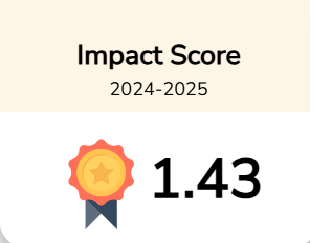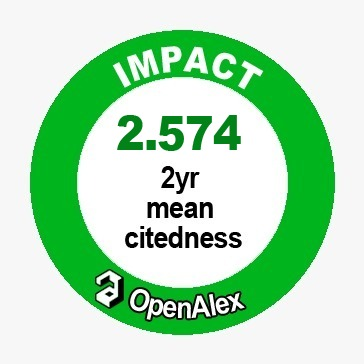Betrayal, Trust and Forgiveness among Adolescent Friendship Groups in Pakistan
Downloads
Objective: A lot of research has been conducted on betrayal among married couples, but literature regarding betrayal in context to same-gender adolescent friendship is scarce. This study was designed to assess whether betrayal, trust and quality of friendship predict forgiveness. The study further aimed to find out the impact of age, gender, and education on adolescents’ forgiveness. Method: A cross-sectional survey was administered on 400 adolescents enrolled in educational institutions of Pakistan. Results: Betrayal was found to negatively predict emotional forgiveness (β= -.152, p<0.01), but it didn’t predict decisional forgiveness (β= -.071, p>0.01). Trust (β=.180, p<0.01) and quality of friendship (β=.202 p<0.01) were found to positively predict both emotional (β=.179, p=0.01) and decisional forgiveness (β=.344, p<0.01). Moreover, age and educational level predicted betrayal, emotional and decisional forgiveness; whereas, gender was found to predict only betrayal and emotional forgiveness. Conclusion: Betrayal from close friends is getting prevalent these days, shattering the individual's trust as well as affecting the quality of relationship and forgiveness, thus needs serious consideration.





